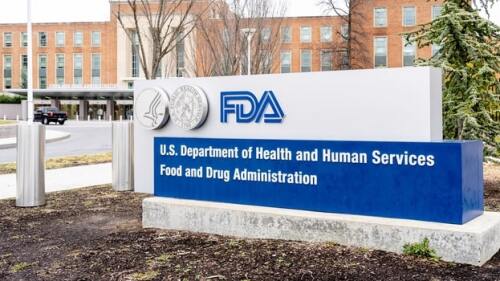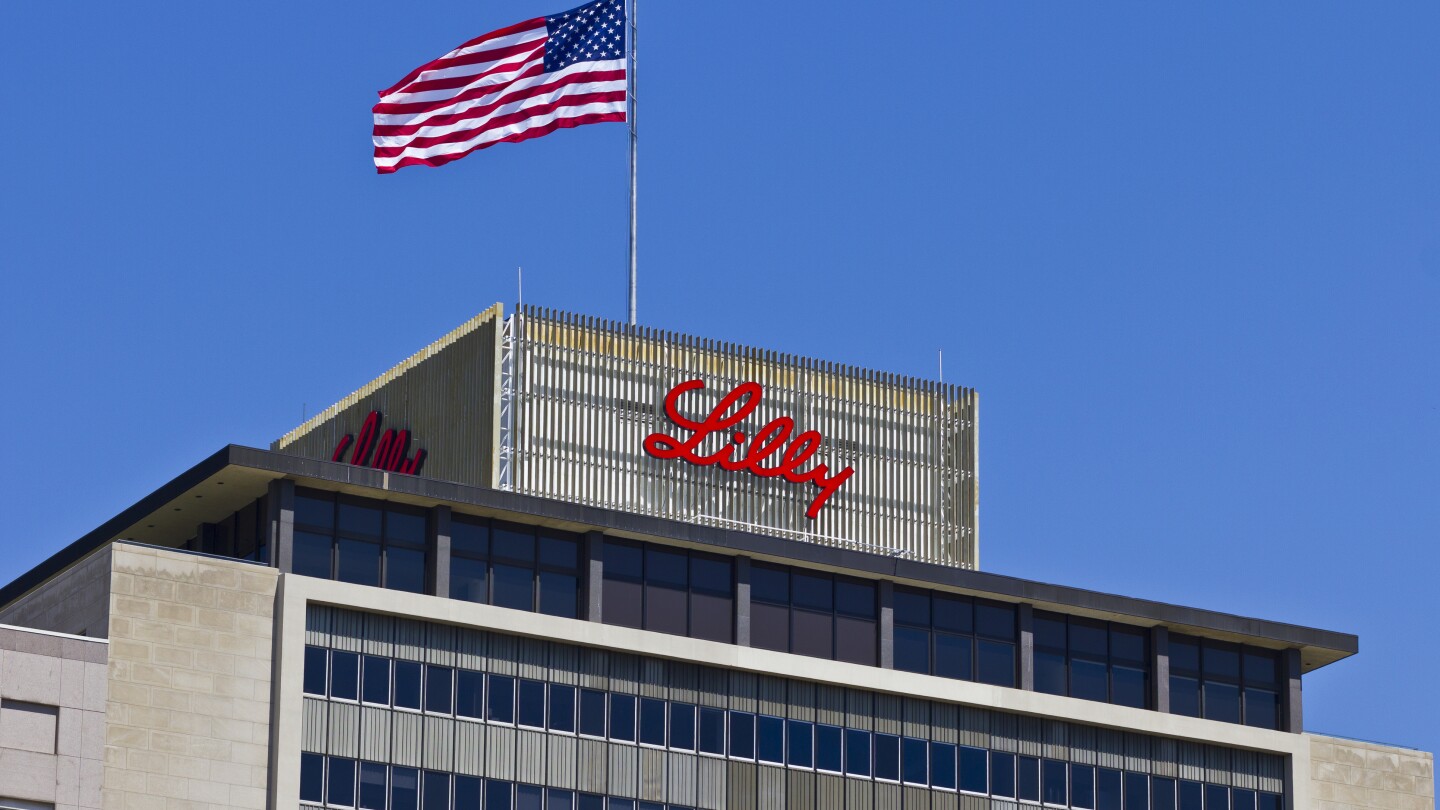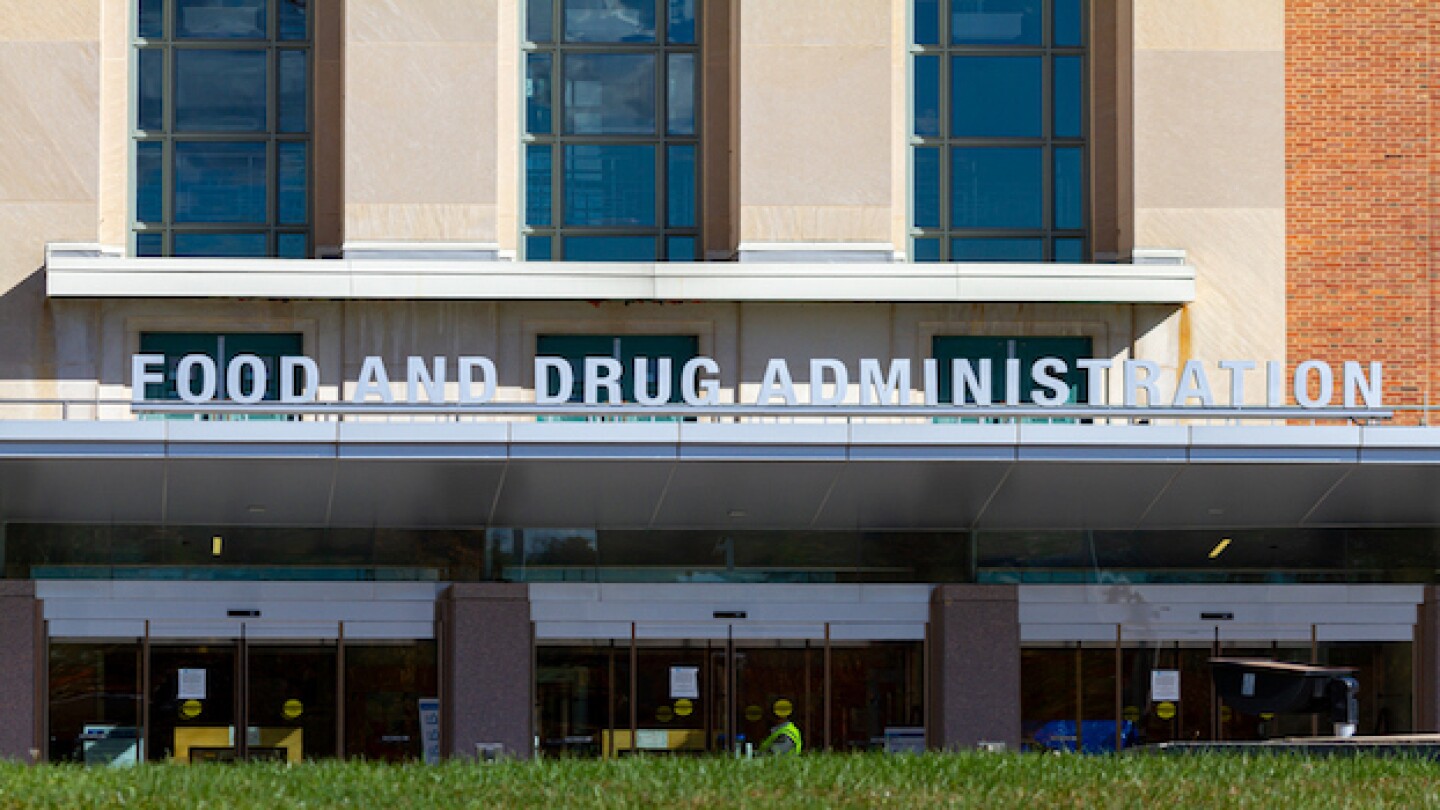News
While last week’s recommended changes by CDC advisors to the MMRV vaccine schedule are unlikely to have a tangible effect on Merck’s business, the company said the removal of choice for healthcare providers is “concerning.”
FEATURED STORIES
Participants in trials of BrainStorm Cell Therapeutics’ NurOwn filed a Citizens’ Petition with the FDA earlier this month seeking a new review of the stem cell therapy that was rejected in 2022 based on real-world data and 90% survival in an expanded access program.
From Wall Street to real estate to a “big, ugly” pharma building, Mayo Venture Partner Audrey Greenberg reflects on a career defined by taking a leap at just the right moment.
Some of the most high-profile acquisitions in recent years have involved women-fronted biotechs. BioSpace reviews five of the most notable here.
Job Trends
Eli Lilly and Company announced positive topline results from the QWINT-2 and QWINT-4 phase 3 clinical trials evaluating once-weekly insulin efsitora alfa in adults with type 2 diabetes using insulin for the first time and those who require multiple daily insulin injections.
FROM OUR EDITORS
Read our takes on the biggest stories happening in the industry.
Following restricted vaccine approvals and changes to CDC immunization schedules, Merck, Pfizer, GSK and Sanofi are all suffering revenue hits to their vaccine programs.
THE LATEST
While Eli Lilly’s orforglipron is full speed ahead for a regulatory filing this year, the pharma is also pushing forward with one more Phase II study of naperiglipron, which uses the same scaffold as Pfizer’s failed obesity drugs danuglipron and lotiglipron.
Aside from the rare disease market, Novo Nordisk also scored a key regulatory win last month for its blockbuster GLP-1 drug Wegovy, which can now be used to treat patients with metabolic dysfunction-associated steatohepatitis.
After a demoralizing period punctuated by the withdrawal of one of the few marketed therapies for ALS, investment in new biotechs, state-backed collaborative initiatives and buzz at BIO2025 suggest a new day in drug development for one of medicine’s most intractable diseases.
With a flurry of recent Big Pharma investment in radiopharmaceutical therapeutics, the FDA issued draft guidance last month in a move former FDA Commissioner Stephen Hahn sees as the regulator “trying to get ahead on a new set of therapy that they see becoming very important for cancer.”
While trade groups hail the executive order as a national health security opportunity, analysts warn that production costs could go up in the near term.
During the COVID-19 pandemic, Health Secretary Robert F. Kennedy Jr.—along with FDA Commissioner Marty Makary and CBER Director Vinay Prasad—argued against vaccine mandates, partly because they limited medical choice. This week, the FDA under their leadership approved updated COVID-19 vaccines with restrictions that do the same.
In December 2024, Teva also secured FDA approval for the other liraglutide brand Victoza, indicated for type 2 diabetes.
Health Secretary Robert F. Kennedy Jr. will testify before the Senate Finance Committee on Sept. 4, following the ouster of CDC Director Susan Monarez and tapping of HHS Deputy Secretary Jim O’Neill as her interim replacement.
Nipocalimab, approved as Imaavy for generalized myasthenia gravis earlier this year, failed to show significantly added benefit when used with an anti-TNFα therapy in patients with rheumatoid arthritis.
In another blow to Prothena’s neurodegenerative disease portfolio, anti-amyloid candidate PRX012 has run into the same problem that larger peers Biogen and Eli Lilly have battled: high rates of swelling in the brain.

















